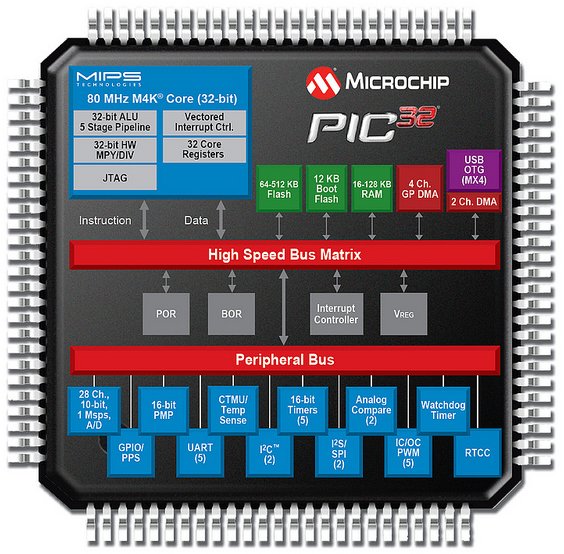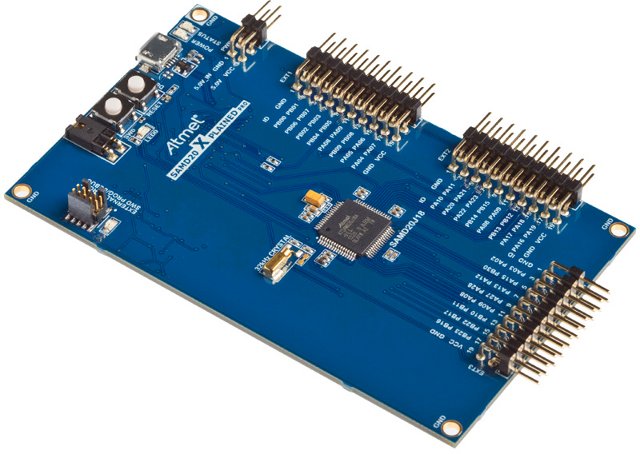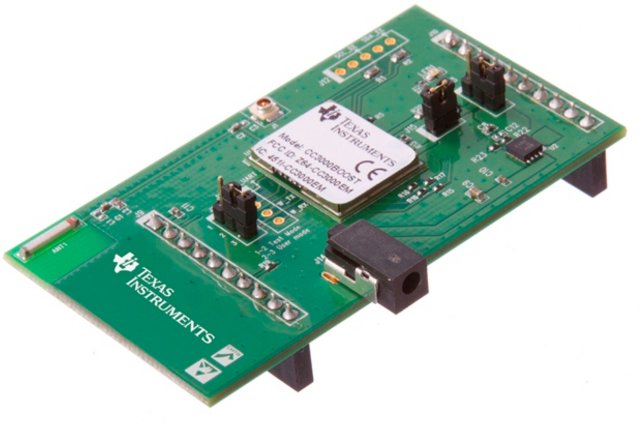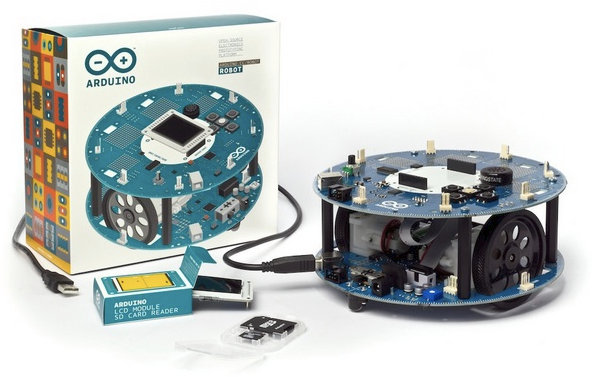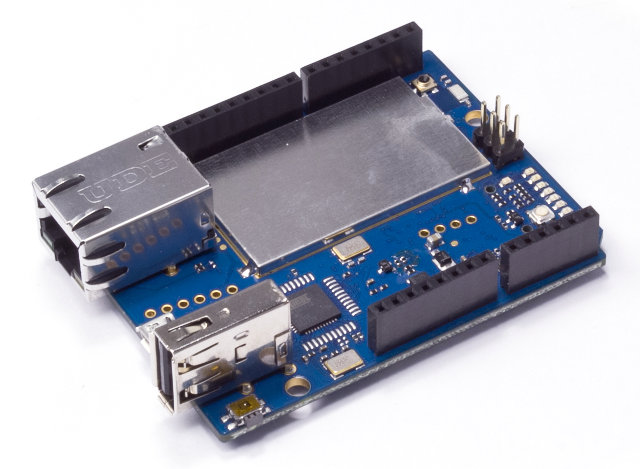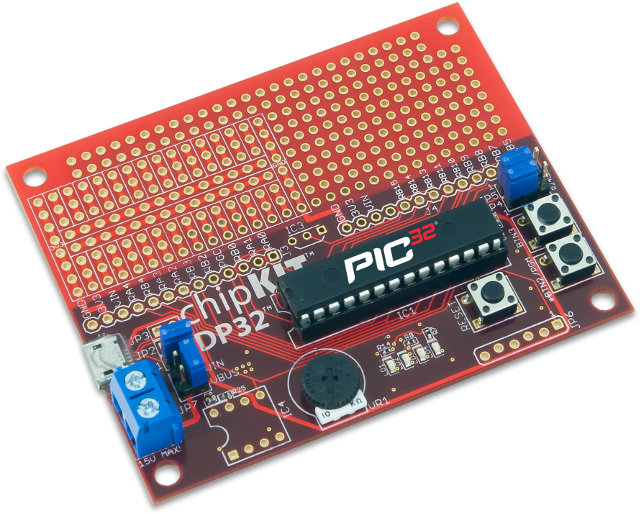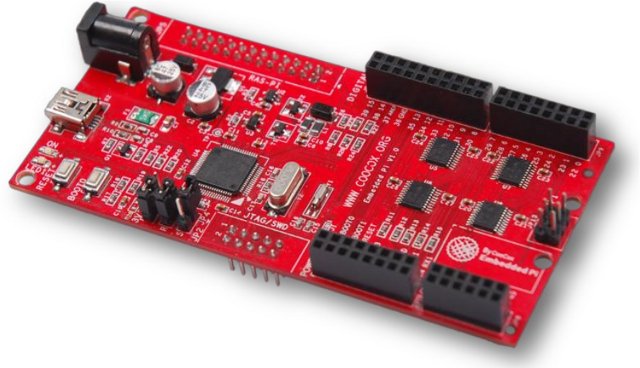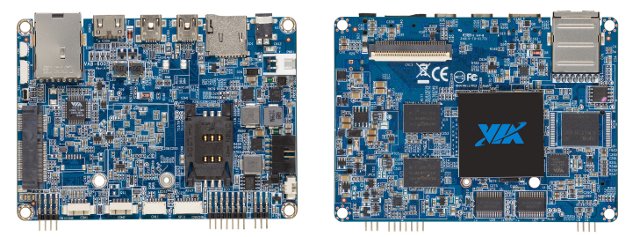Microchip Technology has just announced a new family of PIC32MX3/4 MCUs featuring a MIPS M4K core @ 80 MHz, coupled with 16 to 128KB RAM, 64 to 512KB flash, that are designed to be used in connectivity, graphics, digital audio and general-purpose embedded control. Microchip PIC32MX3/4 32-bit micro-controllers have been available for several years, but the company added 7 new MCUs with more memory, higher integration of peripherals, and lower cost. PIC32MX3/4 key features are as follows: MIPS M4K core @ 80 Mhz with 105 DMIPS performance (equivalent to Cortex M3 MCU @ 84MHz), 16 to 128KB RAM, 64 to 512KB flash, and 12KB boot flash. 4 channel GP DMA, 2 channel DMA I/O: 28 channels 10-bit ADCs 5x UARTS, 2x I2C, 2x I2S/SPI, GPIOs 5x PWM 16-bit parallel master port (PMP) Charge Time Measurement Unit (CTMU)/Temperature Sensor 5x 16-bit timers, watchdog timer, Real-time clock USB OTG (MX4 family only) […]
Atmel SAM D20 MCU Family Features ARM Cortex M0+ Core
Atmel has just announced its SAM D20 family of embedded Flash micro-controllers based on ARM Cortex-M0+ processor core, designed for low power applications such as home automation, consumer, smart metering and industrial applications. The key features of Atmel SAM D20 MCUs are as follows: Cortex M0+ @ 48MHz, 2.14 Coremark/MHz Single-cycle IO access, supporting a pin toggling frequency up to 24 MHz Eight-channel event system Peripherals: Four to six serial communication modules (SERCOM) configurable as UART/USART, SPI or I2C Up to eight 16-bit Timer/Counters Peripheral touch controller (PTC) that supports up to 256 channels and supports buttons, sliders, wheels, and proximity Real Time Clock (RTC) and calendar with leap year correction 12-bit 350ksps ADC and 10-bit DAC Power Consumption: <150µA/MHz <2µA RAM retention and RTC Options between internal and external oscillators and on-the-fly clock switching The family supports features 14 new devices available in 32-, 48- and 64-pin package options […]
Texas Instruments Introduces SimpleLink Wi-Fi CC3000 BoosterPack
Texas Instrument launched SimpleLink Wi-Fi CC3000 in Q1 2012 in order to bring WiFi connectivity to any device including 8-bit or 16-bit MCU, as CC3300 internally handled all networking tasks, and exchange data with the MCU via an SPI interface. This Wi-Fi processor allows to use Wi-Fi for data transmission for the Internet of Things, and offers much better battery than other system relying on software to handle network traffic. Today, the company has just announced SimpleLink Wi-Fi CC3000 BoosterPack, a low cost evaluation platform that works with both MSP430 and Tiva C Series LaunchPad evaluation kits, and sells for $35. SimpleLink Wi-Fi CC3000 BoosterPack features and benefits as seen in the press release: SmartConfig technology: One-step Wi-Fi configuration using smartphones, tablets or PCs Easy network setup for display-less (headless) devices Simultaneous multiple device provisioning iOS, Android and Java sample applications available Royalty-free software Flexible memory size – Small memory foot print […]
Arduino Unveils the Arduino Robot at Maker Faire
On top of announcing its first Linux powered board, Arduino also announced its first official robot at Maker Faire Bay Area called “Arduino Robot”. The robot comes with 2 wheels and two boards: The Motor Board controlling the motors. The Control Board reading sensors and deciding how to operate. Each board, based on Atmel ATmega32u4 MCU, is programmable like any other Arduino board using the Arduino IDE. Control board specifications: MCU – Atmel ATmega32u4 @ 16 MHz with 32KB flash, 2.5KB SRAM, and 1KB EEPROM External Storage – 512 Kbit EEPROM (I2C) + SD card reader for FAT16 formatted cards Display – Full color LCD over SPI communication I/O interfaces: 5x Digital I/O Pins 6x PWM Channels 4x Analog Input Channels (of the Digital I/O pins) 8x Analog Input Channels (multiplexed) Misc – 5 keys keypad, Knob potentiometer attached to analog pin, 8 Ohm speaker, digital compass “Playground” – 3x I2C […]
$69 Linux Powered Arduino Yún Board is Designed for the Cloud
Massimo Banzi announced the Arduino Yún, the first of a family of Wi-Fi products combining Arduino with Linux, at the Maker Faire Bay Area. The company used the name Yún (云), meaning “cloud” in Chinese, as the purpose of this board to allow connection to web services directly from Arduino. Arduino Yun Specifications: MCU – Atmel ATMega32u4 @ 16 MHz (same as the one used in Leonardo board) with 2.5KB SRAM and 32KB flash SoC – Atheros AR9331 MIPS-based Wi-Fi SoC running Linino, Arduino’s own Linux distribution based on OpenWRT. It’s the same chipset as in TP-Link WR703N router. Storage – microSD card slot USB – micro USB connector + full USB host port Connectivity – Ethernet + Wi-Fi 14 digital input/output pins (of which 7 can be used as PWM outputs and 12 as analog inputs) Arduino Yún ATMega32u4 can be programmed as a standard Arduino board by plugging it […]
Microchip Unveils 2 Arduino Compatible Boards, and a Prototype-Friendly PIC32 MCU
Microchip Technology has announced several new tools, expanding its Arduino compatible chipKIT platform ecosystem, based on Microchip’s 32-bit PIC32 microcontrollers (MCUs) available in low pin count SOIC or SPDIP packages. Digilent’s chipKIT DP32 board features basic I/O and interface components, including a prototyping aera, user buttons, and a potentiometer. The board (part # TDGL019) costs $23.9, and should be available on May 17 at microchipDIRECT. The chipKIT Fubarino Mini board, from a partnership between FUBAR Labs and Schmalz Haus, provides another option for Arduino-compatible development with 32-bit PIC32 MCUs, using a smaller form factor. The board is supposed to be available today for $19.95 on microchipDIRECT, but I could not find it yet. If you don’t want/need a development board, the company also provides PIC32MX250F128B MCU in PDIP package (28-pin) preprogrammed with chipKIT USB Bootloader. This MCU, clocked up to 40Mhz, includes 128 KB Flash and 32 KB RAM, as well […]
Coocox Embedded Pi is an STM32-Based MCU Board That Connects to Arduino Shields and Raspberry Pi
Embedded Pi is a platform capable of interfacing the Raspberry Pi with 3.3V and/or 5V Arduino shields, based on an 32-bit ARM Cortex M3 STMicro STM32 MCU. It can also be used in standalone mode as an Arduino compatible ARM MCU evaluation board. Embedded Pi Hardware Specifications: MCU – STMicro STM32F103RBT6 Cortex M3 @ 72MHz with 20KB SRAM and 128KB flash. Raspberry Pi Connector with I2C, SPI, UART, PWM and GPIOs Arduino Interfaces – 1x SPI, 1x I2C, 4x PWM, 1x UART, 6x Analog Input Extended Interfaces – 1x SPI, 1x I2C, 1x UART with flow control, 2 pairs PWM, 6x Analog Input, and 1x CAN 3 Power Sources – Micro USB port, external DC adapter, and 5V from the Raspberry Pi Depending on the jumper placement on the Embedded Pi, you can select each of the three modes of operation: STM32/Standalone Mode – The Embedded Pi works as an […]
VIA Unveils VAB-600 Pico-ITX Board Powered by WM8950 Processor
VIA Technologies has recently announced the VAB-600 Pico-ITX embedded board featuring WonderMedia WM8950 ARM Cortex A9 SoC clocked at 800MHz. VIA targets in-vehicle infotainment as well as mobile and healthcare applications for the board despite an operating temperature range between 0°C and 60°C. Here are the key features of this embedded board: SoC – Wondermedia WM8950 Cortex-A9 @ 800MHz + Mali-400 GPU System Memory – 1GB DDR3 SDRAM Storage – 4GB eMMC Flash memory + 512KB SPI Flash for Boot Loader + microSD slot Video Output – Mini HDMI, on-board DVO (Digital Video Output) for TTL or LVDS display Video Codecs – MPEG2 MP@HL, MPEG4, H.264 BP/MP/[email protected], VC-1 SP/MP/AP, VP8 and JPEG/MJPEG. USB – 2x mini USB 2.0 host ports Connectivity – 10/100M Ethernet (VT6113), 3G (SIM card slot) and optional WiFi support (VIA VNT9271B6050 WiFi module shared with one USB port) On-board Connectors: 2x COM connectors 1x RTC battery […]


